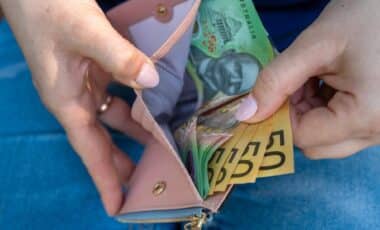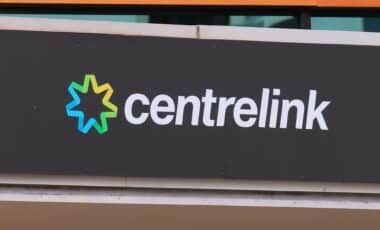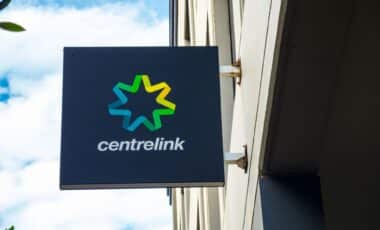New South Wales (NSW) Treasurer Daniel Mookhey has revealed the state’s 2025-2026 budget, which, despite addressing key priorities, falls short of providing substantial relief for residents grappling with rising cost-of-living pressures.
With a projected deficit of $3.4 billion, the budget sets out to bolster housing, support essential workers, and safeguard vulnerable communities, but critics argue it does little to alleviate the growing financial strain on households.
While acknowledging the difficult path ahead, Mookhey remains hopeful that the state’s fiscal position will improve over time. However, despite these assurances, many residents are disappointed by the lack of fresh initiatives to tackle soaring living costs.
Financial Pressures and Global Uncertainty
The NSW budget forecasts a deficit of $5.7 billion for 2024-25, with a projected shortfall of $3.4 billion for the following year.
These deficits are primarily driven by unpredictable global economic factors, including tariffs imposed by the US under President Donald Trump’s trade policies, which are expected to reduce NSW’s payroll tax revenue by over half a billion dollars.
The budget also reflects the ongoing strain of natural disasters and the rising costs of disaster relief, which have surged to $1.6 billion annually since the devastating Black Summer bushfires of 2019-2020.
According to Mookhey, addressing the state’s financial difficulties requires the right set of circumstances to unfold, adding that a surplus is not expected in the near term.
These factors have contributed to a climate of fiscal caution, leaving many wondering whether enough is being done to assist households battling high inflation and cost-of-living pressures.
Ongoing Support for Renters and First Home Buyers
While the 2025 budget does little to address cost-of-living challenges for the broader population, several key support measures remain in place for renters and first home buyers. The government continues to offer fee-free rent payment options, a ban on upfront tenancy fees, and limits on annual rent increases.
Additionally, the introduction of a Portable Rental Bonds Scheme aims to provide further flexibility and relief to tenants.
For first-time home buyers, the budget maintains stamp duty exemptions on properties up to $800,000 and offers concessions for homes valued up to $1 million.
These measures are designed to ease the financial burden for individuals entering the property market for the first time, but many critics argue that they do not go far enough in addressing the broader affordability crisis.
The energy relief measures, including a $150 national Energy Bill Relief payment, will continue through the end of 2025, providing some assistance to households. Yet, for many NSW residents, this small help is unlikely to offset the continuing pressures on their finances.
In a time of uncertainty and rising costs, the 2025 NSW budget provides limited relief, with a focus on long-term fiscal recovery rather than immediate support for struggling households. The true impact of the measures will only become clear in the months ahead, as the state navigates its financial challenges.









